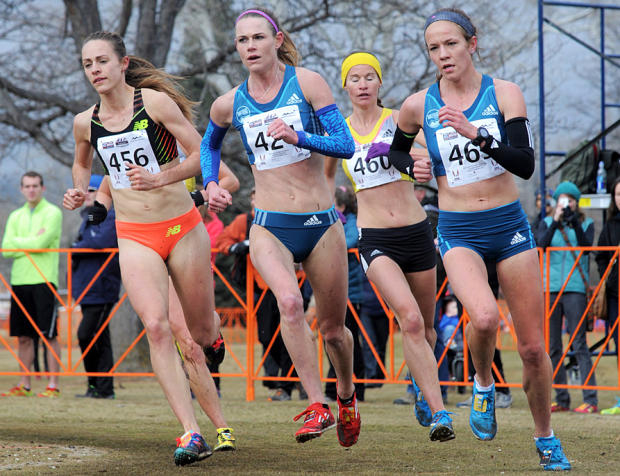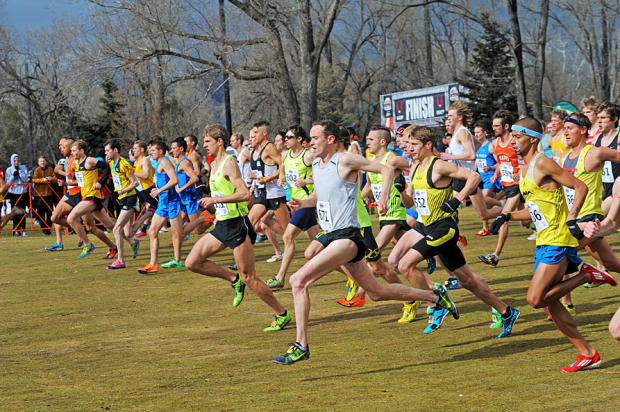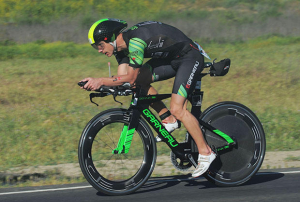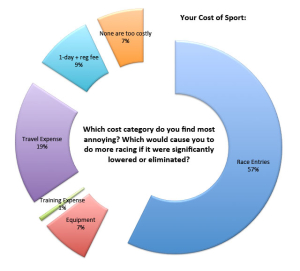Certainly some athletes buck the trend. I remember asking top 1980s triathlete Mike Durkin whether he came from swim, bike or run (as he was good at all 3). “Trombone” was his reply. High school band was his “athletic" background.
Jordan Rapp was a lacrosse player, as was Siri Lindley, who also played field and ice hockey before becoming the fastest female triathlete in the world. Lionel Sanders was a runner initially, but pretty much stopped after grade-11 to pursue other interests, so his youth athletic background was limited.
Still, it’s a true fact that a sports background gives one a head start in triathlon. Mostly it’s a technical head start, and that’s especially so in swimming. But it’s also the knowledge and discipline of how to train, and how to situate sport into your life.

I vividly remember a 16 year old thinking, "This is unsustainable. I can’t imagine continuing to be a runner very much longer.” I had to figure out how to orient this sport properly in my life. Here I am, 60 years old, still running, within the permissible confines of injuries that seem to pop up more frequently than they did when I was younger. So, apparently I figured out whatever it was I needed to figure out.
About the orienting of sport in one’s life: I see a lot of folks begin and end their athletic careers because they never quite get that right. When you’re in school you need to find stasis. You have a lot on your plate. Time and resource management. School is also where you’re trying to decide what and who you are. Are you an athlete? Is that all you are? I had a hard time with that growing up.
In college it might even get harder, and how many runners ran slower in college than in high school? (Lots!)
In the end, running was not who I was, or what I was. Running as an identity wasn’t sustainable; nor was the need to win in order to be validated. But running did become my most reliable lifelong companion. I see a lot of triathletes lose this battle. They quit because their relationship with sport never settled into a warm love. Their sport was never their home. Most people never move past “dating” multisport. They never marry it. They don’t recognize getting from A to B under human-powered locomotion is a Big Idea. Growing up in endurance sport is not a prerequisite for long term success as a multisporter, but it helps you and your sport get on with the happy process of life together.

Beyond this, wow, how much easier would it have been to spend a few years on swim team when you were a kid? Most top triathletes did. Knowing how to swim feels, to a non-swimmer, like knowing how to flap your wings and take flight. That’s how out of reach swim skills seem to the adult onset swimmer. Of course you do have your occasional Lionel Sanders, who figured it out pretty well. But then he decided to figure it out rather than make excuses why the swim wasn’t so important after all! (That’s another topic, and for those who want to figure it out I refer you to the Guppy Challenge).
What background is the best? Swimming, because no other sport teaches you time management as well as swimming does, and because swimming is the hardest to pick up. Running? Well, that’s a great background. It takes anyone, at any time of life, about 3 years to become a good runner. Cycling? It’s a great background. You learn to suffer; and a lot of time can be won or lost during the bike leg. But it’s a grunt sport. If you take up cycling seriously then you, I, and everyone will know whether you’ll become a star within 4 months. For this reason, cycling is the background you need the least for triathlon.
However, if you want to be a draft-legal triathlete, there’s more skill involved in that type of cycling. The tactics and culture of mass start racing is its own animal.
There are 3 elements I haven’t discussed yet in my series on the Most Important Elements to Success for a triathlete: Work Ethic, Genetics and Training Partners. Those are my top-3 though not in that order.
(Photos: The Incomparable Tim Carlson, of the 2014 U.S. Cross Country National Championships)



